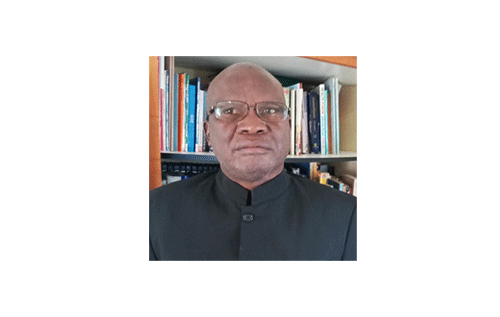The South African regime was brutal and used its security forces in beating, torturing, maiming and killing supporters of the liberation struggle.
After the 16 June 1976 uprisings in South Africa which emanated from the forceful imposition of Afrikaans as a medium of instruction, the flame of freedom could not be extinguished, and Namibian students became torch bearers of the liberation struggle. However, what South Africa failed to accomplish in imposing Afrikaans as the medium of instruction was successfully done in Namibia as all regions were taught in Afrikaans except the former Caprivi.
It was only in 1982 when English was made compulsory under the leadership of the late Peter Kalangula.
The scramble for using English as a medium of instruction was realized immediately after Independence when it was officially enforced, although in other regions Afrikaans is still used. Notwithstanding the oppressive atmosphere prevailing at that time Namibians were determined to achieve their freedom by all means. Of course, PLAN was in full swing waging the war of independence on the frontline.
The internal forces were also at war with the South African Security Forces inside Namibia. The masses mobilised themselves through braais and in-door meetings as public rallies were banned and violation of the rules of the ban would lead to an indefinite period in prison. Namibians really suffered in their own country, but many people decided to stay put, come rain come sunshine.
In addition to the banning of political activities, movement within the country and between Bantustans was equally restricted. But as the saying goes, “the more a person is oppressed, the harder the person becomes and eventually resist the oppression.” So, despite the oppressive traps set by the brutal system, Namibians found ways and means of organising themselves and challenge the oppressors.
It was during this time when Nanso and Nantu were formed to unite both the learners and the teachers to resist the racist education system by all peaceful means at their disposal. These bodies amplified and enhanced the efforts of the liberation struggle by mobilizing the masses.
In the Zambezi region, names of George Mayumbelo, Bollen Chataa, Eric Ndala, Juluka Sisamu, late Alex Mushe, Hon. Stanley Simataa and many others including the author were synonymous with the two bodies.
Countrywide in both entities echoed the likes of Prof. Diescho, late Hon. Marco Hausiku, Paul Kalenga, Hon. Tjekero Tweya, Redemptus Kamare and many others. During this time the struggle knew no colour bar among comrades, neither did it entertain any tribal bickering.
The author remembers hosting Steve Scholtz in Katima Mulilo for some days in his house. The dignitaries like Hon. Mutorwa, Hon. Tweya and Dr Marius Kudumo would come for a weekend for campaigning and stay in the author’s house.
It was Mzee Raphael Mbala, late Lovemore Lupalezwi, the former director of education and John Lilemba who transported Nantu with all its sealed packages to the Zambezi region after its launch in March 1989.
The invitation to the trio was made by the late Hon. Marco Hausiku through late veteran Crispin Matongo. Movement was still not easy and most of the Caprivi TransHighway was still untarred, hence driving was really tough. Needless to say, the tri who transported the teaching body to the far-northern do not appear anywhere in the annals of Nantu in the Zambezi. It is so as Ali Mazrui jokingly puts it, that Africans have a short memory span.
Maybe the current generation does not know about the founding of the teaching organisation and its aims at that time. Nantu and Nanso were formed under difficult circumstances when apartheid and the brutal rule of terror was at its peak.
In many countries, these bodies were formed after independence, but in Namibia, they were founded before nationhood. Then the United Nations Transitional Assistance Group (Untag) came in April 1989 with resolution 435 to supervise the election for the independence of Namibia.
Many Namibians were overjoyed to realize that “it was Uhuru,” and all restrictions were uplifted as political campaigns commenced. Namibians in exile were repatriated back home, and one can hardly explain the euphoria which engulfed such incidences.
Imagine meeting a loved one who has been missing for more than a decade or two! It was a precious political glory of that time and for that time and many people felt the spirit of utopia and indeed living in it. Namibians from all walks of life mingled and saw themselves as belonging to one nation and one country.
All Namibians had one common enemy and that was apartheid, and all regarded themselves as equal. But alas all that political glory and unity have been eroded by self-centred elements of which most of them dined with the apartheid masters.
As it is with the ending in ‘Animal Farm’, “All animals are equal, but there are animals who are more equal than others”, so stands Namibia today and it is nostalgic to think of the political glorious past!


